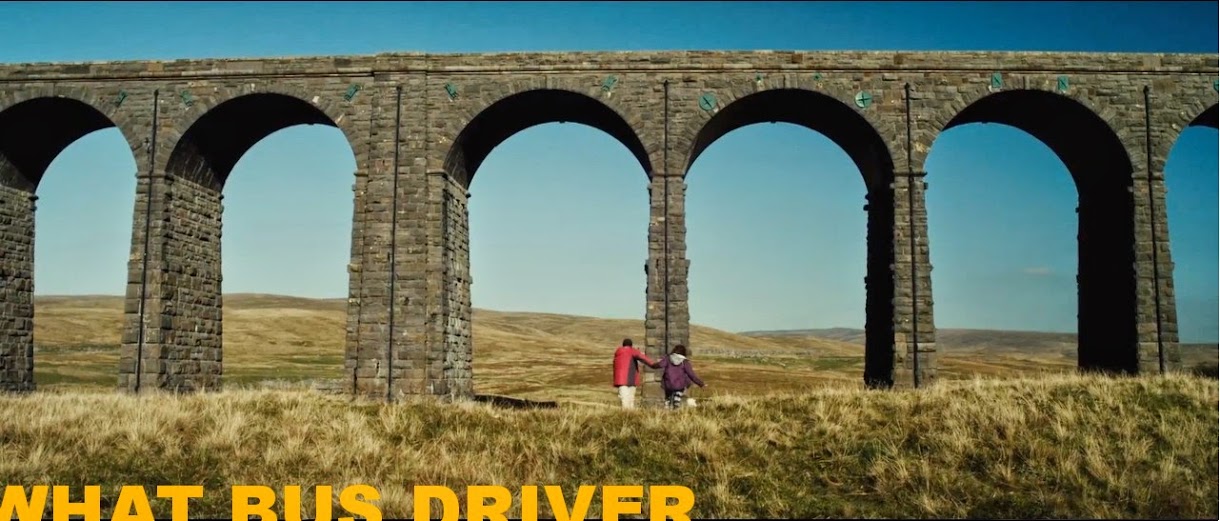Killing Them Softly is set in a place of great significance at a very critical point of time. While the nation as a whole suffered from the Great Recession, the residents of New Orleans had it worse. After being in the eye of the costliest natural disaster in the history of America, the post-Katrina Orleanians had to rebuild their lives when unemployment was rampant and the economy was in such a bad shape. Like 9/11 before it, this particular period is likely to become fodder for many more movies. While the zeitgeisty Up In The Air focused on the immediate impact of depression on the working class Americans, Killing Them Softly brings out the plight of a significant but an under-represented industry: organized crime.
 The glorious aura surrounding gangsters doesn't shine bright here, with mobsters scraping for pennies- literally nicking dollar bills meant for waitresses off restaurant tables. People are shooting off each other on the streets, and the movie doesn't even bother to slow down and take a moment to dwell over it. Like any great gangster film would tell us, the success lies in humanizing these larger than life characters. You may not know someone like them, but you believe they must exist somewhere. They take pills before they go do their job and they haggle over prices. I hate to drag it into this conversation, but unlike Pulp Fiction which hit you with quotable one-liners beat after beat after beat, characters in the world of Killing Them Softly never once come across as smartass goons. The film lets them take their own time to deliver the goods, even as they slip in and out of delirium.
The glorious aura surrounding gangsters doesn't shine bright here, with mobsters scraping for pennies- literally nicking dollar bills meant for waitresses off restaurant tables. People are shooting off each other on the streets, and the movie doesn't even bother to slow down and take a moment to dwell over it. Like any great gangster film would tell us, the success lies in humanizing these larger than life characters. You may not know someone like them, but you believe they must exist somewhere. They take pills before they go do their job and they haggle over prices. I hate to drag it into this conversation, but unlike Pulp Fiction which hit you with quotable one-liners beat after beat after beat, characters in the world of Killing Them Softly never once come across as smartass goons. The film lets them take their own time to deliver the goods, even as they slip in and out of delirium.
I liked Scoot McNairy's character a lot. I am not one of those people who prefer their gangsters in terms of how less evil they are. I am not expecting him to change his ways. Even if the act of killing makes him flinch, you got to do what you got to do. My problem with the film is how Gandolfini's New York Mickey did little to alter the course of the story. It was great to see my Caporegime Tony Soprano doing what he does best, but his musings about marital unhappiness and an impending jail term, while adding its two cents to the 'humanizing' jar, is almost insignificant in the scheme of things. Maybe that's the point.
When the film so explicitly refers to the economic meltdown and the hope offered by a person who promises to fix things, I cannot help but wonder if there's a subtext I am missing. I promised myself I wouldn't talk about what others wrote in their reviews and, of late, I haven't even been reading others' before I published my own first. But I did read a few interesting ones, with one grabbing my attention as it tried to match the characters of the film with their respective entities in the American politics. The three people committing the heist represent the financial institutions which robbed the system black, all the while knowing that the blame would ultimately fall on the person in-charge of running the system, thanks to his reputation. In spite of his cynicism and utter disregard for everything Obama promises, Cogan may just be him- an enforcer and a supposed harbinger of change. Yeah, I am talking out of my ass.
Andrew Dominik's "anti-thriller" noir slowly grew on me. It also made me realize how truly great his previous film is. More thoughts after a second viewing.
Andrew Dominik's "anti-thriller" noir slowly grew on me. It also made me realize how truly great his previous film is. More thoughts after a second viewing.
